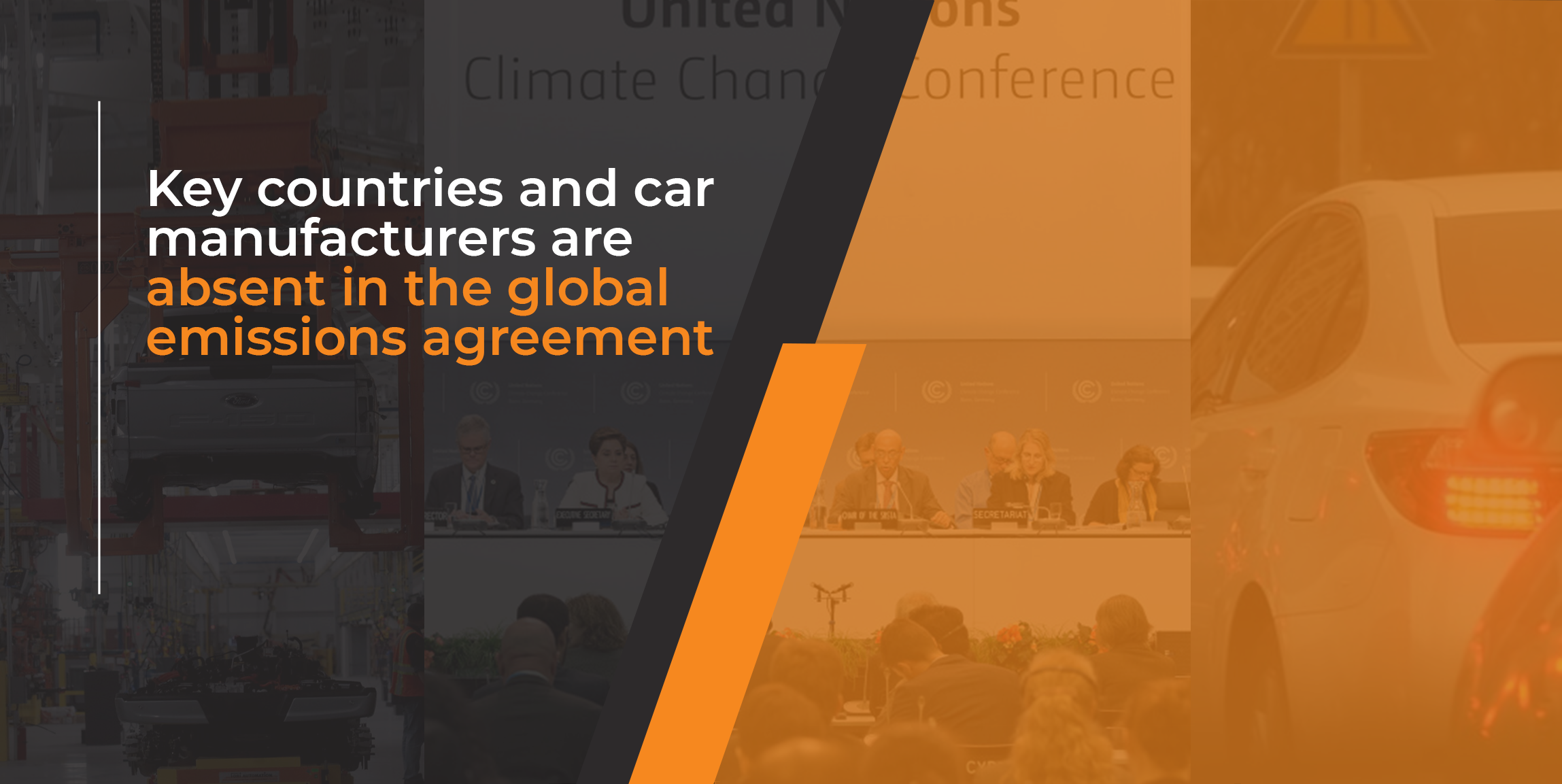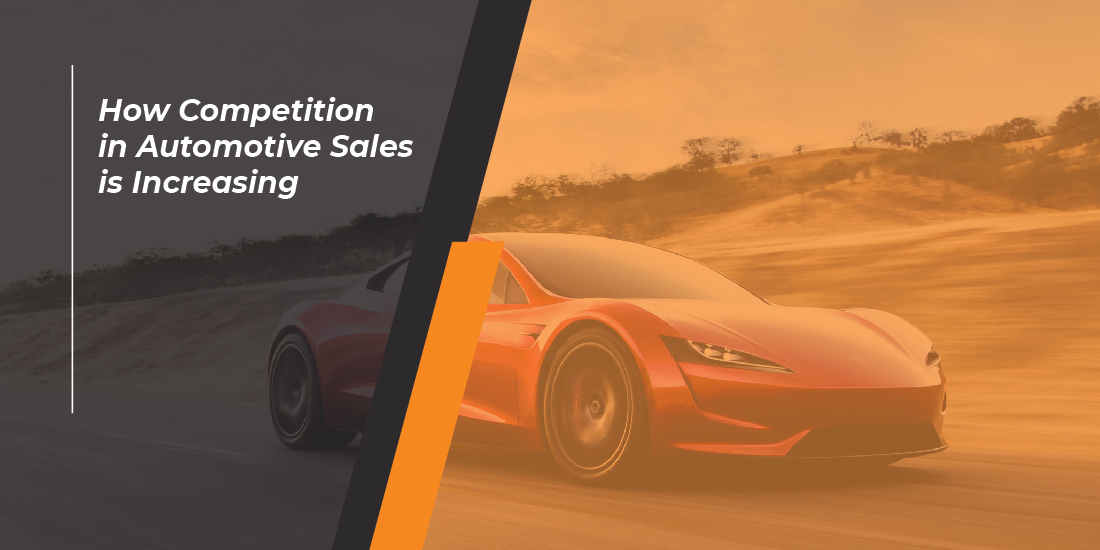
With Russia providing 10-25% of the world’s oil, gas and coal exports, many countries, especially in Europe, are vulnerable. Gasoline prices in Los Angeles exceed $6 a gallon for the first time. Oil jumped to $122 a barrel last week after a storm damaged a pipeline from Central Asia to the Black Sea and Iran-backed Houthi rebels attacked Saudi energy facilities.
Currently, high fuel prices should actually accelerate the transition to electric mobility. But according to a study by Continental AG, one of the world’s largest auto parts suppliers, the effect is just the opposite. With electricity prices also rising, most Germans fear they can no longer afford an electric car. If government subsidies also drop, interest in this segment will further decrease, writes Automobilwoche.
Continental came to this conclusion in its Annals of Mobility in 2022, polling people in Germany and five other countries. In view of rising inflation rates, many customers are rearranging their priorities and taking more care of their ICE cars.
“We can clearly see in the survey results that the topic of sustainability is currently not in the centre of attention,” points out Steffen Schwarz-Höfler, Head of Sustainability at Continental.
New sources
The immediate reaction of most governments is to race to find more fossil fuels, no matter how polluting to the environment or wounding to national pride. With support from the West, the largest oil company in the world, Saudi Aramco, is increasing investments to 40-50 billion dollars a year. Now the Biden administration is talking with Venezuelan dictator Nicolás Maduro, perhaps to get more oil from the country, which in 2005 provided 4% of the world’s supply.
In the longer term, the question everyone is asking is how quickly they can get off fossil fuels. The energy strategy announced this month by the EU envisages independence from Russia by 2030 – partly by finding new sources of gas, but also by doubling renewables. France plans to build six new plants and is aiming for “total energy independence”. On March 21, the UK announced that it would very quickly build new generation reactors. The transformed energy system, in addition to a smaller carbon footprint, promises an escape from the approach of the twentieth century.
As with all commodities, rising prices will eventually cause a market reaction. Limited supply gives companies a huge incentive to step up recycling and innovation.
Tesla, which uses minerals to make electric cars, is developing new battery models. The company also struck a supply deal with New Caledonia, a Pacific territory with a population of 277,000, that we’ll be hearing more and more about because it holds a tenth of the world’s nickel deposits. This month, Canadian firm Barrick reluctantly agreed to develop a $10 billion copper mine in Pakistan.
Mobility accessibility concerns
With consumer prices currently on the rise across the board, many would prefer to forgo the “luxury” of an electric car for now – especially if it costs more than an internal combustion engine. 44% of Germans polled assume that the future of mobility will be electric. But only every second respondent (50%) is ready to pay extra for an electric car. Two-thirds of respondents (67%) are unsure whether they will buy an electric vehicle given the sharp rise in electricity prices. Almost as many (62%) think they won’t be able to afford an electric car in the near future and will continue trusting their ICE.
The survey outlines a dilemma between the desire for a newer, more modern vehicle and the financial capabilities – and rising commodity prices only reinforce this case.
The pandemic reinforces the role of the car
Overall, the importance of the car is growing significantly as a result of the coronavirus pandemic.
“The pandemic has shown that individual mobility is important,” Schwarz-Höfler points out. And the trend toward owning a personal car, which was already identified in the last survey from 2020, is unchanged: 46% of respondents in Germany say they use a car every day.
This is only 7 percentage points less than in 2020, when the share of those supporting personal mobility reached 53%. At the time, a quarter of Germans said they were driving more because of the pandemic.
For the study, Continental turned to the public opinion research institute Infas, which polled 1,000 citizens in Germany, France, Norway, the US, Japan and China in May.
To find out more about the automotive aftermarket, or for a no-obligation introductory discussion, please contact us.
automotive





















































